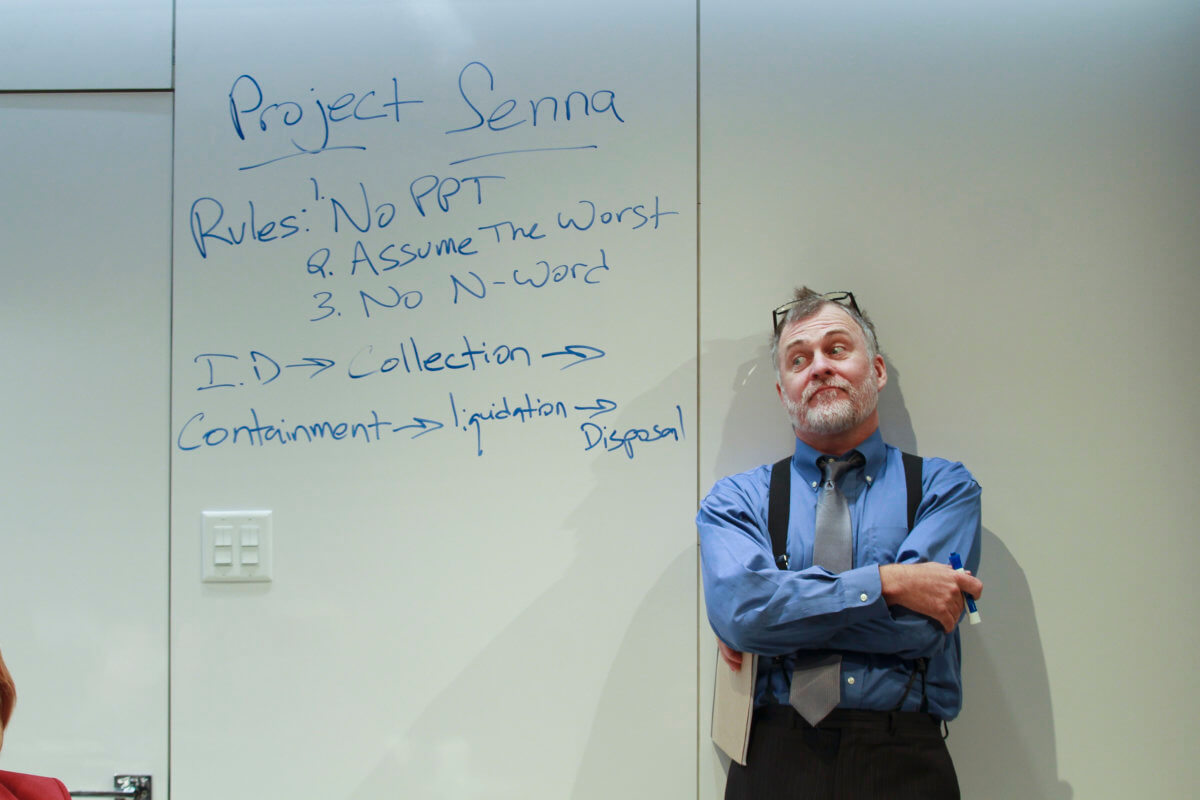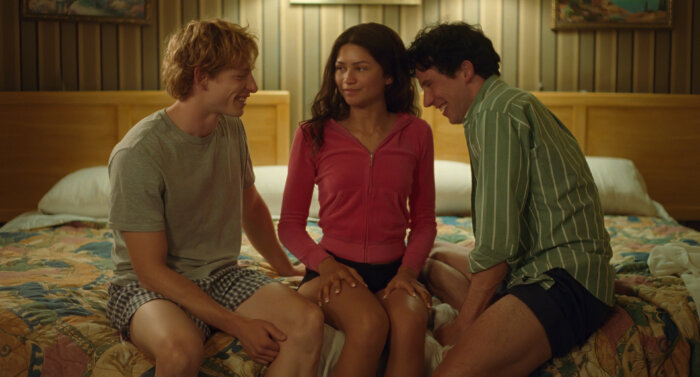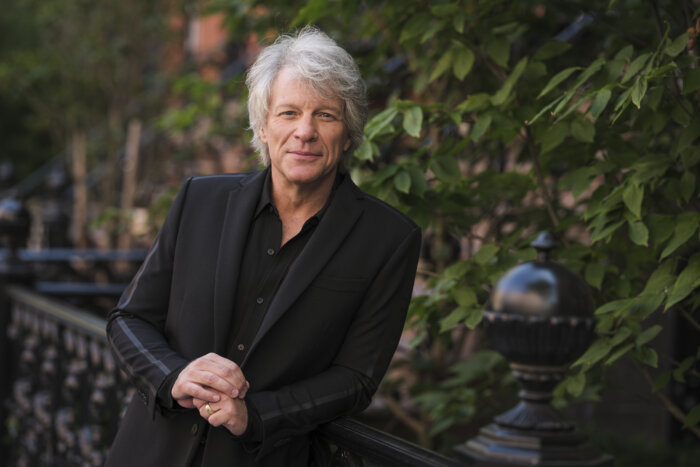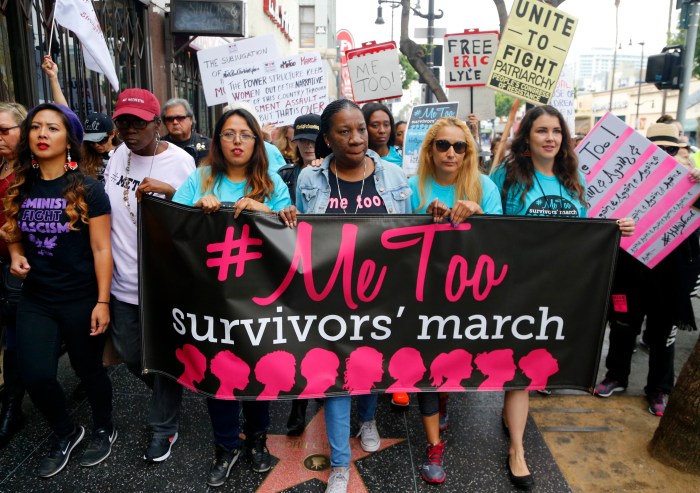
Philadelphia’s Theatre Exile is dedicated to presenting plays that dig into the darker parts of the human condition. This spring, their production of “Orphans,” by Philadelphia playwright Lyle Kessler, explores a number of themes, including what happens when people fall through the cracks of society.
Set in 1980s North Philadelphia, the three-person cast features two orphaned brothers and an older grifter, who becomes a father figure for the boys.
“The older brother supports the younger one by being a grifter — resorting to petty thievery, pickpocketing,” says Deborah Block, producing artistic director at Theatre Exile. “At the beginning of the play, he kidnaps an older man that he thinks he’s going to get real money from, but he ends up being a grownup version of him. This play is about people who are lost in society, how society doesn’t take care of us, and what we do in order to survive and when you’re not given guidance.”
With the current COVID-19 pandemic, “Orphans” raises important questions about caring for those who are overlooked.
“Here we are at the beginning of a crisis and it is quite possible the people who should be immediately running to get tested are the people that don’t have health insurance — the people serving our food, cleaning hospital rooms, helping care for the elderly,” Block says. “They could end up being the people spreading the disease the most. Our society is not structured in a way to take care of us systemically. We are a capitalist society, a market-driven society and while we’re one of the best countries in the world, we do have blind spots.”
“Orphans” shines a light on those blind spots in a powerful way and heartbreakingly illustrates the results of dealing with crisis without sound guidance from a parent or mentor.
“When the younger brother was a child, he went out and had an allergic reaction and almost died so now the older brother never lets him out of the house,” Block says. “He’s afraid that if he lets him out of the house he’ll die. His desire to love and protect his brother ends up being a prison for him.”
“Orphans” was originally scheduled to run from April 9 through May 3, but with COVID-19, Theatre Exile is exploring other options to present it.
“We have to be responsible for the corporeal well-being of other people. Even though we might have it in our DNA that the show must go on, we’re in a different situation now where we’re literally trying to stop the spread of something,” Block says.
Theatre Exile is exploring a number of options to keep theatre lovers entertained during this time of quarantine, including streaming performances.
“We work with professional union actors so there’s a whole different contract when it comes to things being aired,” Block says. “But remote readings are something I’m looking into to keep this thing alive. We want to really connect with our audiences.”
For more information on “Orphans,” visit theatreexile.org
































